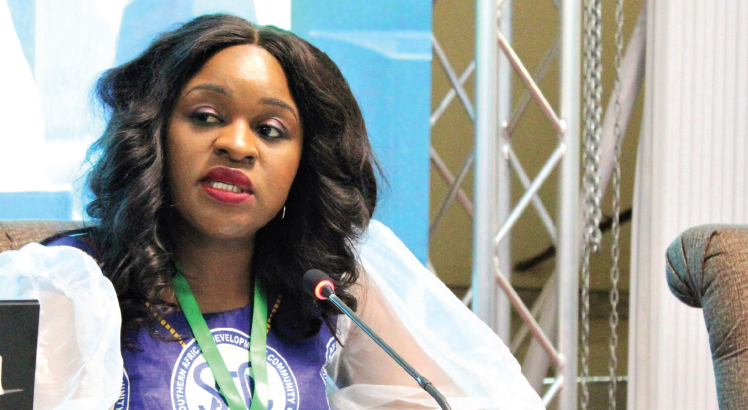Sadc sets out to fight unemployment
Malawi has asked Southern African Development Community (Sadc) member States to promote job creation as a way of fighting poverty in the region.
Speaking during a Sadc senior officials’ Joint Sector Dialogue on Pro-Employment Policies and Strategies in the Sadc region on Saturday in Lilongwe, Ministry of Labour Principal Secretary (PS) Wezi Kayira called for action on job creation, adding there is a need to ensure collaborative efforts promote employment opportunities.

pre-employment policies
“Employment is an important route out of poverty, so let us work collaboratively to address constraints and promote enablers for sustainable and inclusive growth of our respective countries and region,” he said.
Kayira further urged the stakeholders to ensure that deliberate measures are put in place to promote job creation.
He said member States should also work in collaboration with the private sector to accelerate job creation.
“There is abundant evidence that economic growth does not automatically translate to more jobs unless deliberate interventions are made by the state, of course in close collaboration with the private sector,” the PS said.
Kayira said presently, over 50 percent of the labour force in our region is in the agriculture sector which has the least value-added share in gross domestic product (GDP), reflecting lower productivity and lower earnings for the majority of the workers.
He said the share of manufacturing has also gone down from 14.5 percent in the 1980s to 11.6 percent after 2010.
“No wonder the informal economy has grown significantly. It constitutes over 60 percent of the labour force in most member States,” said Kayira.
Speaking at the opening of the meeting Minister of Labour, Vera Kamtukule said there was a need for experts to promote pre-employment policies and strategies.
She urged them to use labour dialogue to come up with concrete recommendations to reduce employment levels within the region.
Sadc executive secretary Elias Magosi agreed with Kamtukule, saying the unemployment and underemployment challenges in Sadc are significant, especially among young women and men.
He said: “Over the years, economic performance in member States has been declining while the labour force has been growing at a considerable pace.
“The regional economy consistently declined from an average growth rate of 6.5 percent in 2010 to 1.9 percent in 2019, just before the onset of the Covid-19 pandemic, with the labour force growing by an average of nearly 3 percent every year during the same period.
Magosi said this means that the majority of those that have been entering the labour market as job seekers, especially young graduates or school leavers, are increasingly facing declining opportunities.
During the meeting Sadc experts analysed the Industrialisation Strategy and Roadmap (2015-2063) which seeks to enable a real gross domestic product (GDP) growth rate of at least 7 percent a year to 30 percent.
The experts hope this target will increase the share of industrial employment to 40 percent of total employment by 2030.
President Lazarus Chakwera is the current chairperson of the bloc and by virtue of that status, Malawi chairs all committees.





